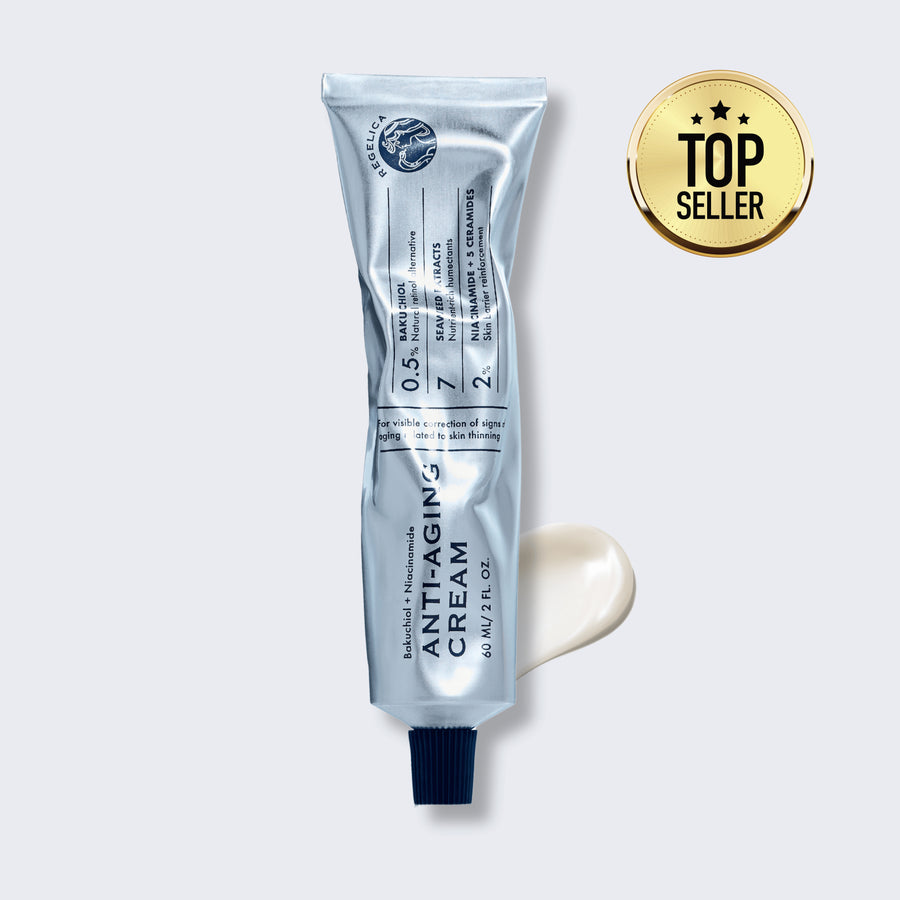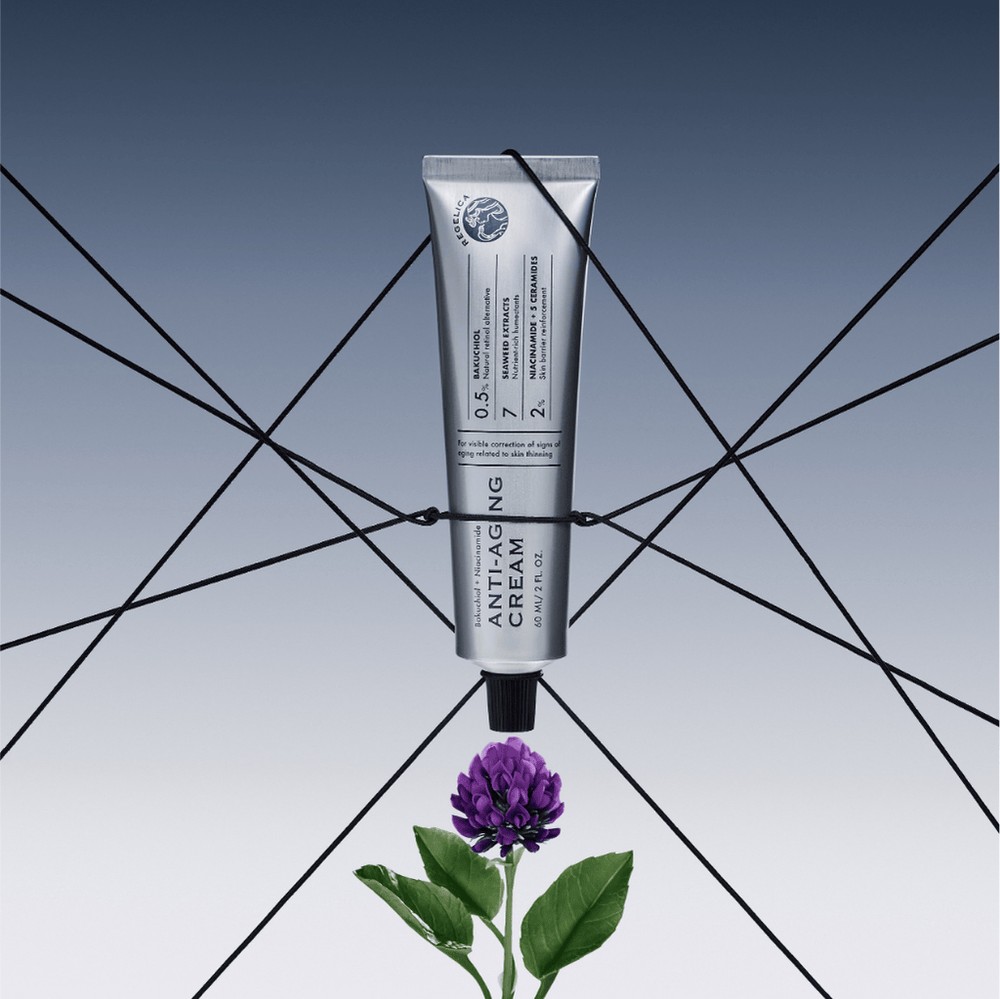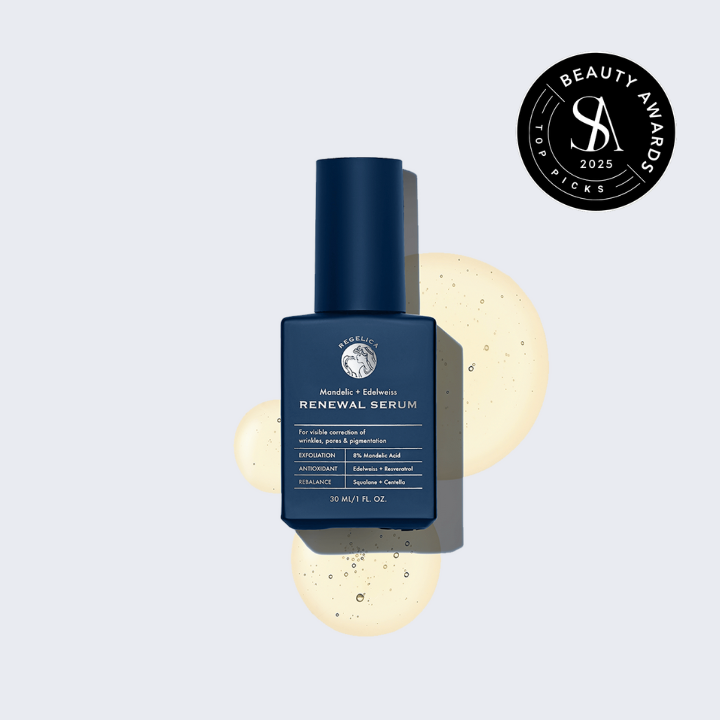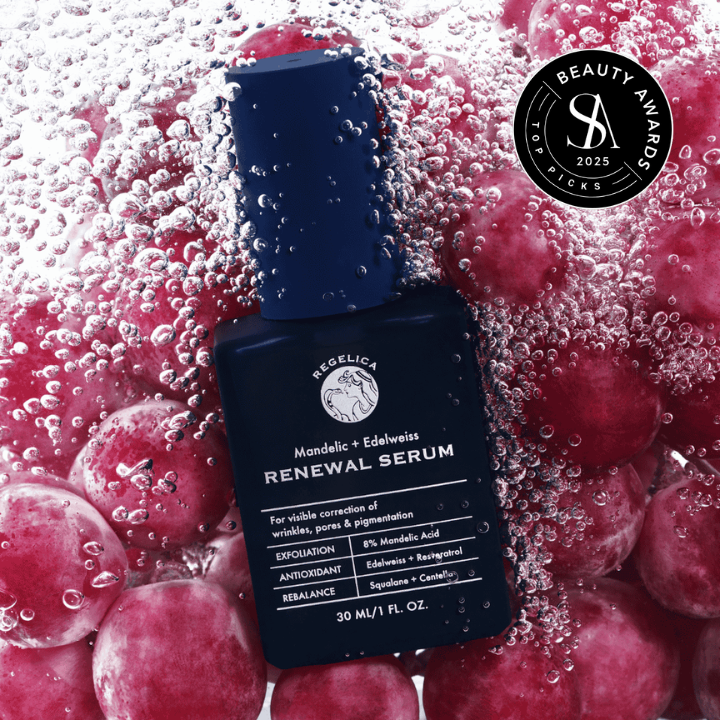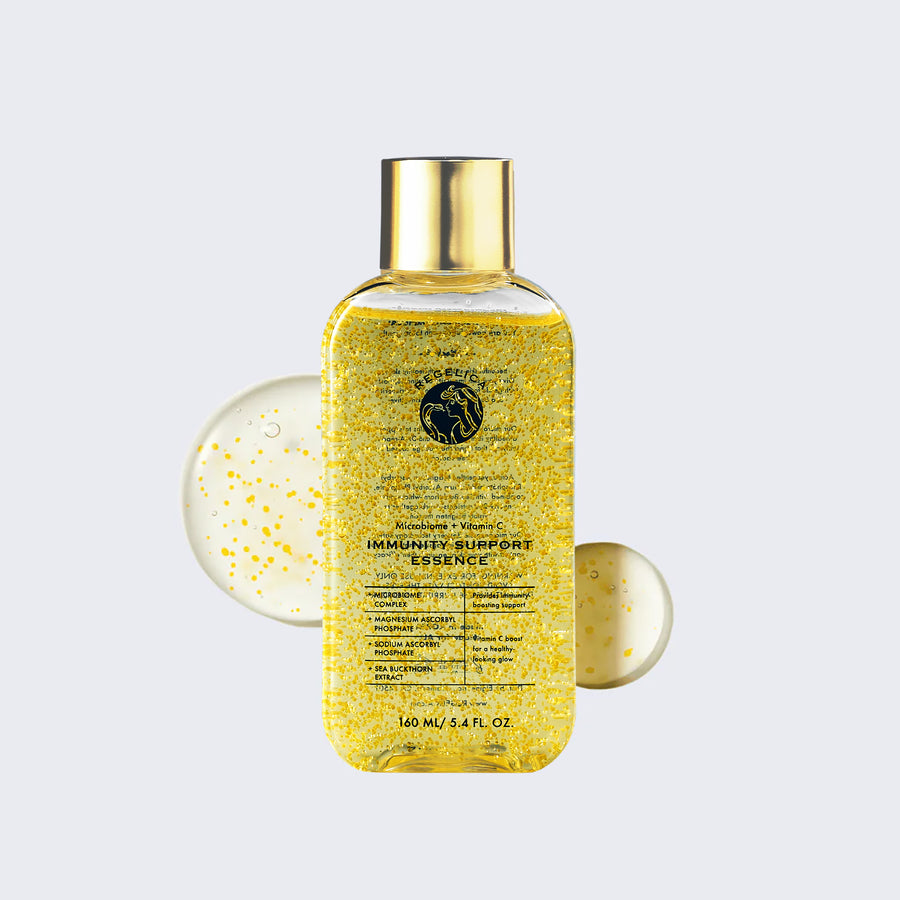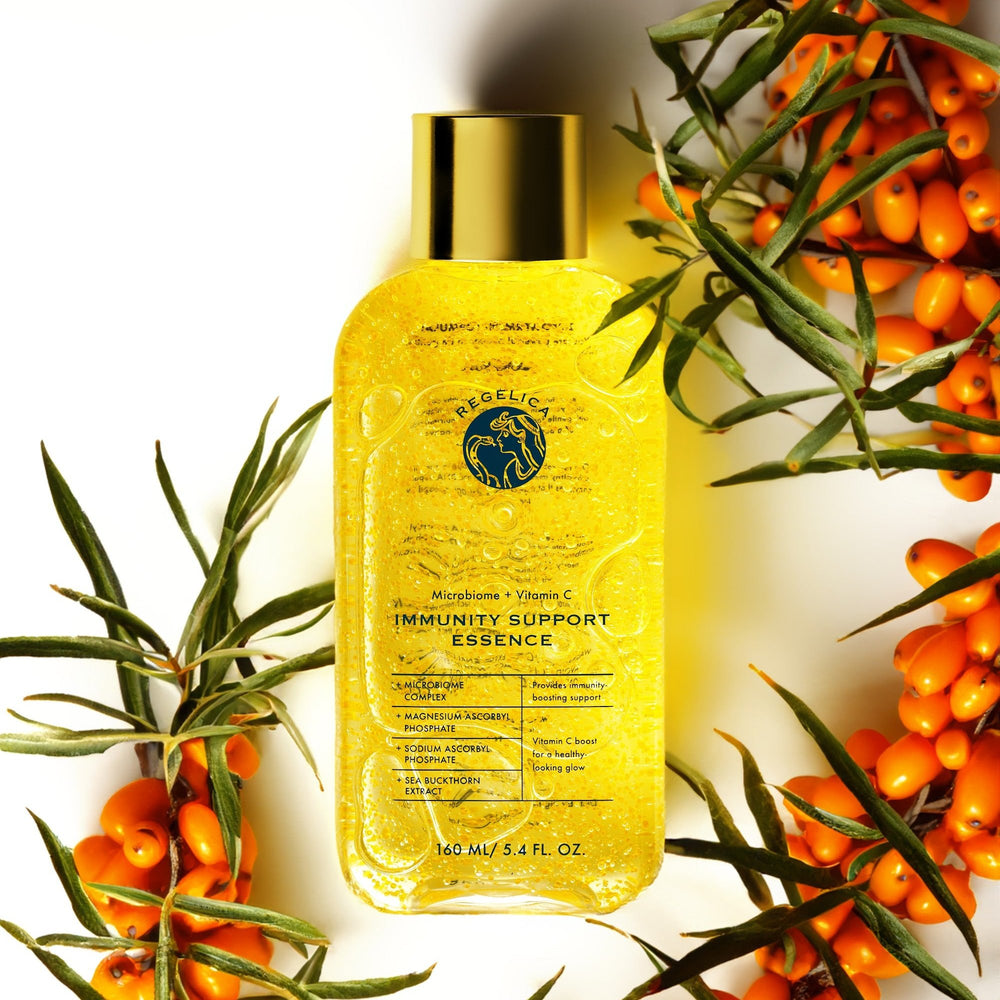How To Select An Anti-aging Cream?
Aging is inevitable. Aging gracefully is a choice.
Aging is a comprehensive process that affects our entire body, much like how the foundation and framework of a house endure wear and tear over time. While skincare routines and product choice can play a significant role in maintaining the exterior, akin to a fresh coat of paint, they have limited impact on deeper, underlying changes. These include alterations in bone structure and the redistribution or loss of lipids, which are comparable to the settling and shifting of a house's foundation. Effective anti-aging strategies must therefore consider a holistic approach, addressing not only the skin's surface but also the fundamental changes in our body's architecture and composition that occur with age.

This article will focus on anti-aging recommendations for skin quality, addressing various skin types and age groups. With the plethora of anti-aging products on the market, choosing the right one can be overwhelming. Every brand claims to have the ultimate solution for youthful skin, making it hard to discern what actually works. We will help you navigate through the confusion by focusing on the processes that occur as we age and the scientifically-backed ingredients to mitigate these effects.
Understanding the Aging Process
Aging affects our skin in several ways, including slower cell renewal, reduced collagen production, decreased ceramide levels, the cumulative effects of sun damage and other environmental aggressors, and increased transepidermal water loss (TEWL). Let's explore how to address these issues with effective ingredients.
1. Reduced Collagen Production
Collagen, often referred to as the body's glue, is one of the most vital proteins for maintaining the structure and integrity of our tissues. Found abundantly in skin, tendons, ligaments, and bones, collagen provides the necessary framework that keeps our bodies looking and functioning well. Its crucial role in maintaining skin's elasticity and firmness cannot be overstated. However, as we age, our natural collagen production diminishes, leading to visible signs of aging.
From the age of 20, the production of collagen in the dermis layer decreases by about 1% each year. This gradual decline means that by the time we reach our 40s and 50s, the cumulative loss of collagen becomes noticeable in the form of fine lines, wrinkles, and sagging skin.

Given collagen's importance, it's no surprise that many skincare products boast collagen as a key ingredient. However, the effectiveness of topical collagen in anti-aging treatments is largely a myth. While applying collagen directly to the skin can provide moisturizing benefits, it does little to combat aging at a deeper level. This ineffectiveness is due to the large molecular size of collagen, which prevents it from penetrating the skin's outermost layer and reaching the deeper dermis where it is most needed.
So, what can actually help stimulate collagen production in the skin?
Dermatologists widely agree that retinoids are the most effective treatment available. Retinoids, derived from Vitamin A, work by stimulating fibroblasts, the cells responsible for collagen production, to synthesize new collagen fibers. However, retinoids can be irritating and drying for many people, making their regular use challenging.
Recent research has highlighted a natural alternative: Bakuchiol. This natural compound, derived from the seeds and leaves of the Psoralea corylifolia plant, has been shown to promote collagen production similarly to retinol but with significantly less irritation.
A study demonstrated that Bakuchiol induces the same changes in gene expression responsible for collagen production and skin thickness as retinol does. Clinical trials further revealed that a 0.5% Bakuchiol formulation resulted in comparable improvements in fine lines, wrinkles, hyperpigmentation, and skin firmness to a 0.5% retinol formulation. The key difference? Bakuchiol users experienced fewer side effects such as dryness and irritation.
2. Decreased Ceramide Levels
Most people know that we lose collagen as we age, leading to wrinkles and sagging skin. But did you know that we also lose ceramides? Ceramides are essential lipids that help maintain the skin's barrier and retain moisture, keeping it smooth and hydrated. As ceramide levels decrease, our skin becomes more prone to dryness and irritation. Look for the following ingredients to mitigate these concerns:
• Ceramides: Look for creams containing ceramides (e.g., ceramide NP, ceramide AP, ceramide EOP, ceramide NG, or ceramide NS).
• Cholesterol & Fatty acids: Ceramides are most effective when combined with other skin-native ingredients like fatty acids and cholesterol.
• Niacinamide: Also known as vitamin B3, niacinamide enhances the synthesis of ceramides, improving the skin barrier and hydration.
3. Transepidermal Water Loss (TEWL)
A decline in ceramide levels can lead to transepidermal water loss (TEWL), a process where water evaporates from the skin's surface, resulting in dehydration and the formation of wrinkles. To combat TEWL, think of your skincare routine as building a fortress: humectants are the moisture-attracting allies, while occlusives are the sturdy walls that keep it all locked in.
Humectants are like moisture magnets, drawing hydration from the environment or deeper layers of the skin. Occlusives, on the other hand, form a protective barrier on the skin's surface, sealing in the precious moisture and preventing it from escaping.
Here are some examples of humectants and occlusives to look for in your anti-aging creams:
- Glycerin: A natural humectant, glycerin draws moisture from the air into the skin, keeping it soft, supple, and hydrated.
- Seaweed: Not only does seaweed draw water to the skin, but it is also rich in beneficial minerals and vitamins.
-
Mango Seed Butter: A plant-based emollient with skin-soothing properties.
-
Lecithin: Not only does lecithin help to lock in moisture, but it also facilitates the delivery of active ingredients, ensuring your skin gets all the benefits from your skincare products.
4. Slowing Skin Cell Renewal
Skin cell renewal is a continuous process involving the production, maturation, and shedding of skin cells. This cycle begins in the deepest layer of the epidermis, where new skin cells are generated through cell division. These newly formed cells gradually move upward through the layers of the epidermis. By the time these cells reach the outermost layer of the skin, they are essentially dead, having become tough and resilient. In the final stage of the cycle, these dead cells naturally slough off and are replaced by newer cells from below.
This entire process, from cell creation to shedding, typically takes about 28 to 30 days in young, healthy skin. However, this turnover rate can slow down with age, leading to a buildup of dead cells on the surface, which can make the skin appear dull and uneven.

To combat this, look for creams with ingredients that boost cell turnover:
• Retinoids: These vitamin A derivatives accelerate cell turnover and promote the shedding of dead skin cells. Retinoids are well-documented for their anti-aging benefits. However, they can be irritating for many people. As more people turn to natural anti-aging solutions, bakuchiol has become a popular alternative to retinol.
• Alpha Hydroxy Acids (AHAs): AHAs are water-soluble acids made from plants. These chemical exfoliants buff away dead skin cells, revealing brighter and more even-toned skin underneath. Glycolic acid has the smallest molecule size and, therefore, can penetrate the skin more deeply. On the other side of the spectrum, mandelic acid, derived from bitter almonds, has a larger AHA molecule. Because of this, it's less likely to cause irritation, making it a good choice for individuals with sensitive skin.
Anti-Aging Creams for Sensitive Skin
Many people today have sensitive skin due to pollution, stress, or bad skincare choices. Sensitive skin can be easily irritated by harsh anti-aging ingredients.
Most dermatologists agree that individuals with sensitive skin should maintain a minimalistic skincare routine, avoiding over-exfoliation and potent anti-aging products. This advice is sound: strong AHAs, retinoids, vitamin C, and heavily fragranced formulas can irritate sensitive skin and may even cause dermatitis. However, skincare science is continually evolving, and there are gentler alternatives to retinoids, glycolic acid, and vitamin C.
• Bakuchiol offers similar benefits to retinol but with less irritation, making it ideal for sensitive skin.
• Mandelic acid, with the largest molecular structure among AHAs, penetrates the skin less deeply than glycolic acid and is therefore less irritating.
• Stable forms of vitamin C, such as Magnesium Ascorbyl Phosphate and Sodium Ascorbyl Phosphate, need to be converted to vitamin C within the skin, making this process slower and more tolerable.
If your skin shows the signs of sensitivity, it means that it has weakened skin barrier and skin immunity. Try integrating the following ingredients:
- Niacinamide (Vitamin B3): This versatile ingredient helps to reduce inflammation, improve the skin barrier, and enhance moisture retention. It is well-tolerated by most skin types and can reduce redness and sensitivity.
- Ceramides: These lipid molecules are essential for maintaining the skin's natural barrier. They help to lock in moisture, prevent dryness, and protect the skin from environmental irritants.
- Centella Asiatica (Cica): This plant extract has healing and anti-inflammatory properties, making it ideal for calming sensitive and irritated skin.
- Squalane: This hydrating ingredient mimics the skin's natural oils, providing moisture without causing irritation or clogging pores. It helps to strengthen the skin barrier and improve overall skin health.
Anti-Aging Creams for Men
When it comes to skincare, the idea that men and women require drastically different products has long been ingrained in society. But let’s break down this misconception.
Yes, men generally have thicker skin morphology, leading to fewer visible signs of aging. And yes, the struggles with hair removal and subsequent irritation are often more prevalent among men. However, these differences don’t warrant an entirely separate skincare regimen based on gender.

Skin concerns should dictate skincare routines, not gender. Whether you’re male, female, or non-binary, the focus should be on addressing individual skin needs.
For example, if you’re dealing with post-shave irritation, opting for soothing ingredients like centella asiatica can help, regardless of your gender.
Moreover, the notion that men don’t need to prioritize skincare is outdated. Everyone can benefit from hydration, collagen boosting and skin barrier reinforcement.
Anti-Aging Creams for People Over 50
Menopause and associated hormonal changes significantly affect skin health after 50, necessitating targeted skincare solutions. Studies show that women’s skin loses about 30% of its collagen during the first five years of menopause.
Additionally, the skin produces less sebum and experiences decreased cell turnover, so it requires products that can both rebalance natural oils and exfoliate effectively.
Moreover, our skin barrier becomes weaker and our skin becomes more sensitive.
Therefore, it’s important to incorporate potent yet gentle ingredients that help boost collagen, retain moisture, stimulate skin renewal, and reinforce the skin barrier.
Conclusion
Selecting the right anti-aging cream requires an understanding of the aging process and choosing ingredients that address these changes. However, you don’t need a long, 10-step skincare regimen to achieve healthy, glowing, and firmer-looking skin.
Regelica Bakuchiol + Niacinamide Anti-Aging Cream strategically combines 0.5% Bakuchiol, 5 Ceramides, 7 Seaweed extracts and 2% Niacinamide that address a multitude of skincare concerns associated with aging processes:
• 0.5% Bakuchiol showed similar improvements in fine lines, wrinkles, hyperpigmentation, and skin firmness as 0.5% retinol
• Seaweed extracts are not just powerful humectants but also very rich in minerals and vitamins
• Ceramides, fatty acids, and cholesterol help to reinforce skin barrier and retain moisture
• Niacinamide has been shown to help with multiple concerns: elasticity, redness, barrier function, and dark spots.




